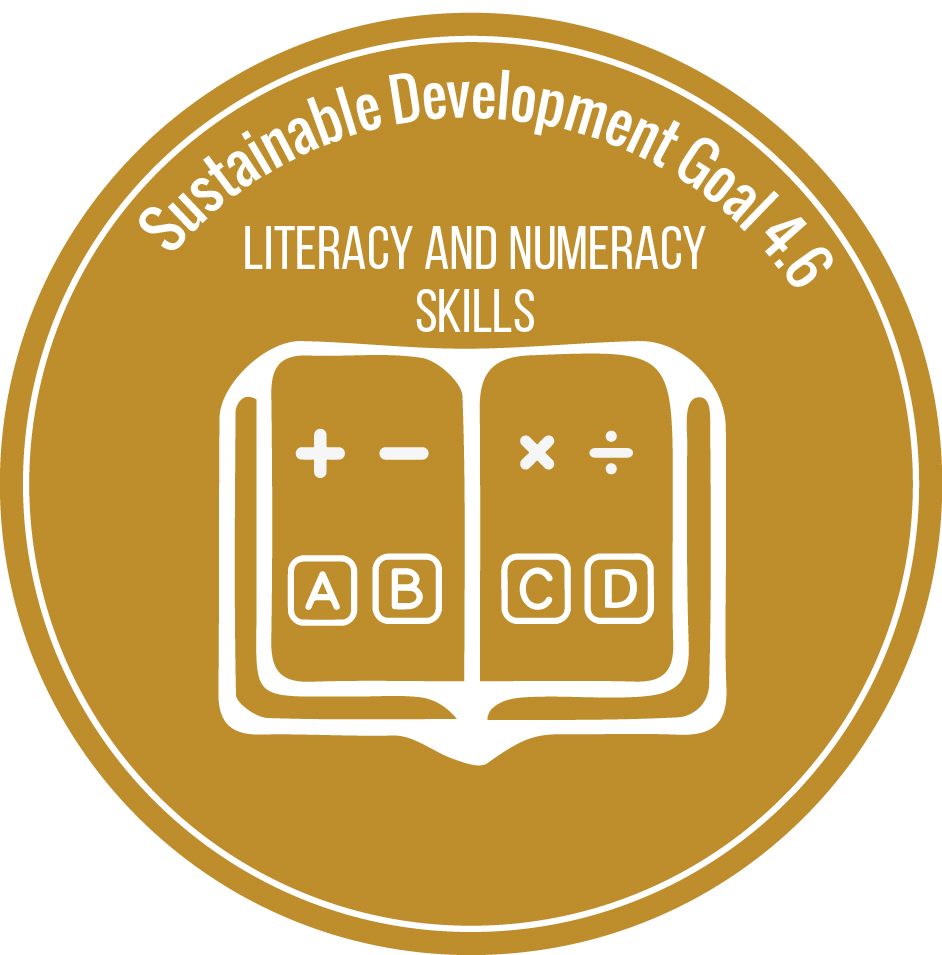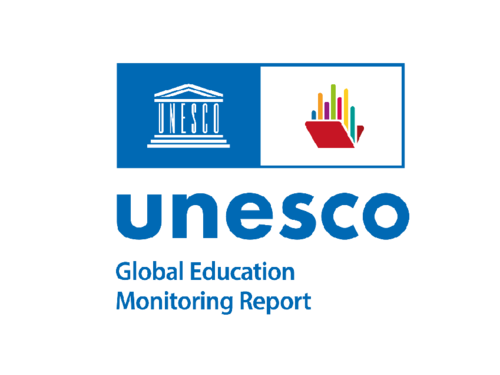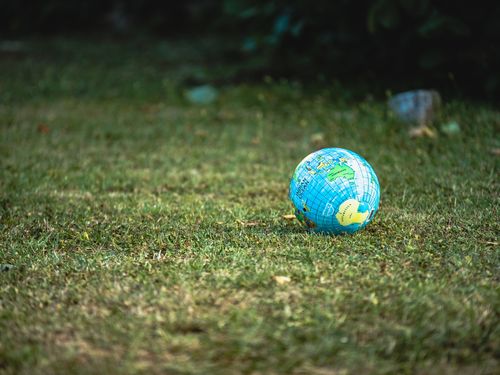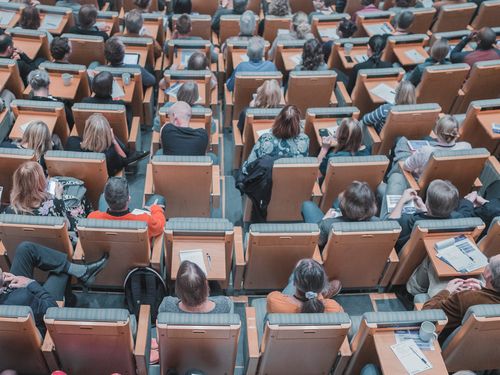Basic education and literacy are a human right. They form the foundation for lifelong learning and make a significant contribution to improving quality of life. As a result of the "multiplier effect", literacy leads to the reduction of poverty and child mortality, the containment of population growth, and the improvement of gender equality. In this sense, basic education and literacy are fundamental prerequisites for sustainable development, peace, and democracy.
Since its founding in 1946, UNESCO has been at the forefront of literacy efforts worldwide. It also coordinates the global Education Agenda 2030, which the United Nations committed to in 2015. Goal 4.6 aims to ensure the acquisition of sufficient literacy and numeracy skills for all young people and for a significant proportion of adults by 2030.
Between 2003 and 2012, UNESCO coordinated the World Literacy Decade. The final report was presented to the United Nations General Conference at the end of 2013.
At UNESCO's 40th General Conference in Paris, the Member States adopted a new UNESCO Strategy for Youth and Adult Literacy (2020-2025). This strategy serves as a guiding framework for UNESCO's global work to promote youth and adult literacy over this six-year period.
Every year, World Literacy Day on 8 September reminds us that being able to read and write is still a privilege in many countries.


![[Translate to EN:] [Translate to EN:]](/fileadmin/_processed_/9/6/csm_education_2030_logo-page-001_7a6aecad7b.jpg)




![[Translate to EN:] Publikationen zu Bildung 2030](/fileadmin/_processed_/8/a/csm_Publikationen3_af52a7496d.jpg)